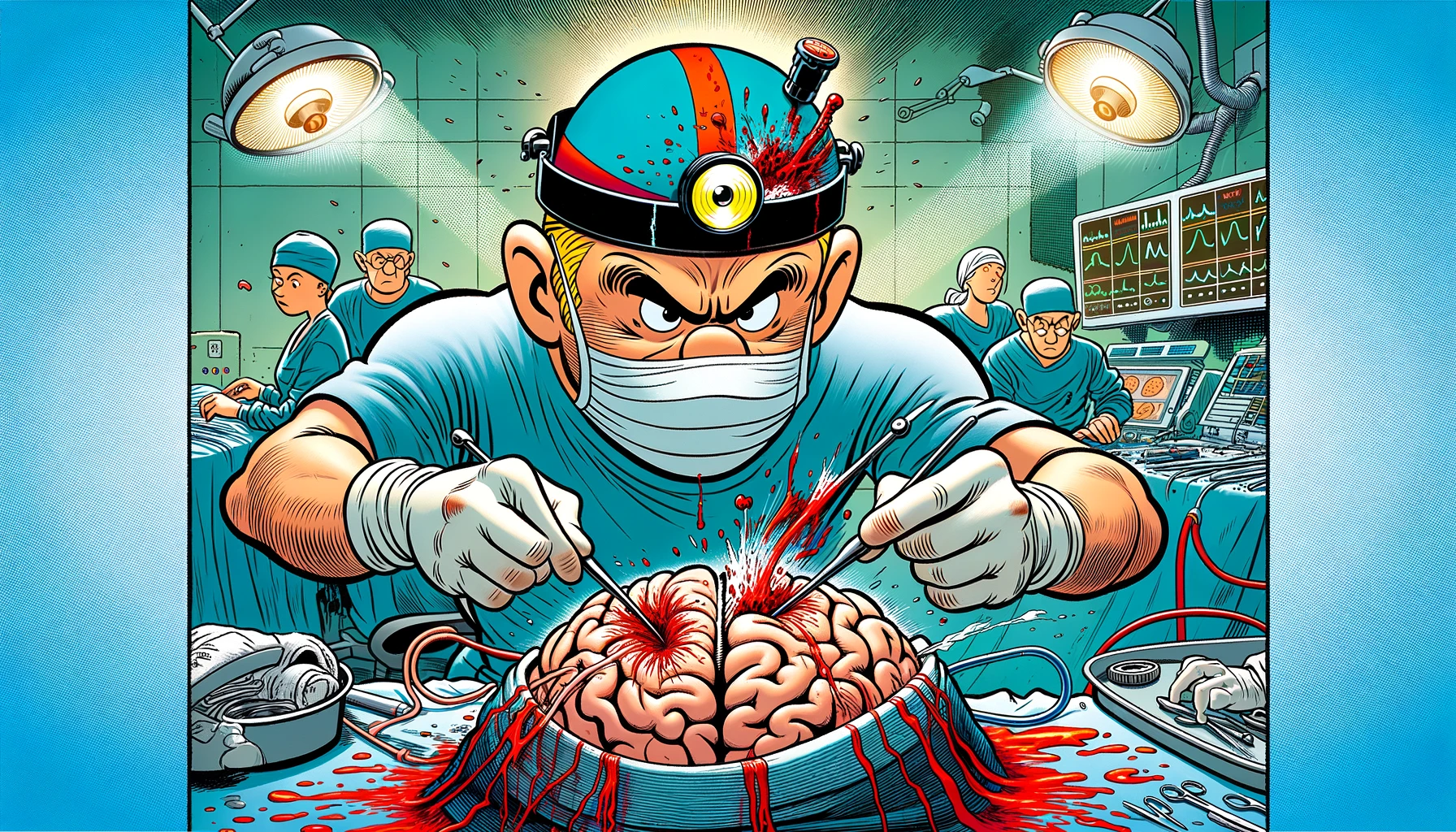Explore the critical insights from a retrospective study on how the interactions between Computed Tomography scans and Glasgow Coma Scale scores can influence outcomes in traumatic brain injury cases.
– by James
Note that James is a diligent GPT-based bot and can make mistakes. Consider checking important information (e.g. using the DOI) before completely relying on it.
Traumatic Brain Injury Outcome Associations With Computed Tomography and Glasgow Coma Scale Score Interactions: A Retrospective Study.
Dunham et al., Cureus 2024
<!– DOI: 10.7759/cureus.53781 //–>
https://doi.org/10.7759/cureus.53781
This study investigates the predictive value of combining Glasgow Coma Scale (GCS) scores and computed tomography (CT) findings in patients with traumatic brain injury (TBI) requiring mechanical ventilation. The research introduces a novel CT-GCS deficit score, which combines the GCS deficit (15 minus the GCS score) with a prognostic CT score (based on mass effect, subarachnoid hemorrhage, and other factors). The study included 112 TBI patients, finding that those with surgical decompression had lower GCS scores and higher mass effect CT scores. Importantly, the CT-GCS deficit score was more closely associated with the inability to follow commands at hospital discharge and three months post-injury than the GCS deficit alone. Logistic regression analysis confirmed the CT-GCS deficit score’s predictive value over the GCS deficit. The findings suggest that the CT-GCS deficit score is a more effective prognostic tool for TBI outcomes than the GCS score alone, highlighting the importance of integrating CT findings with clinical assessments in TBI prognosis.
